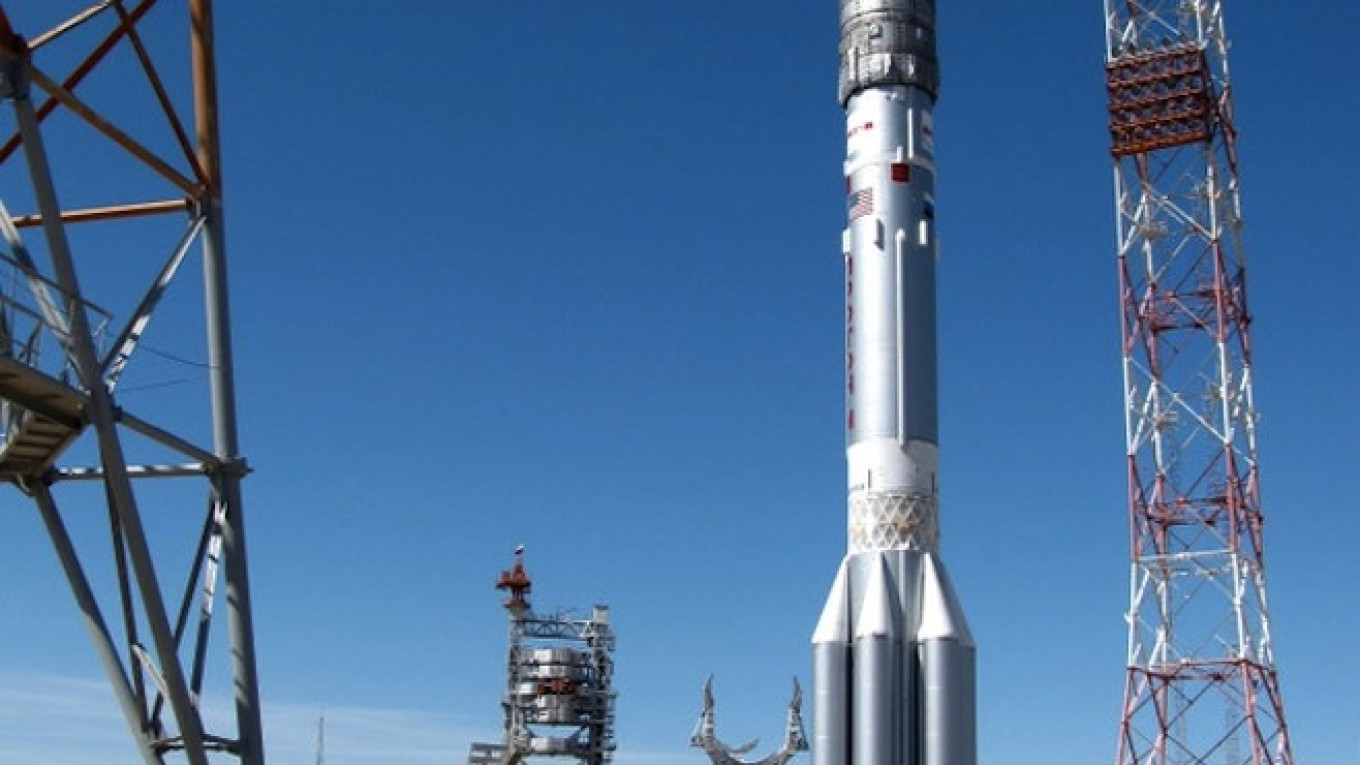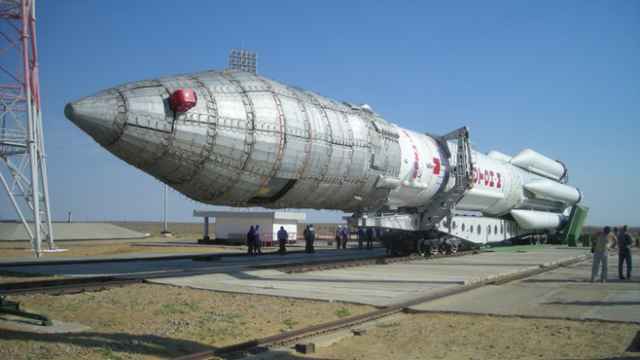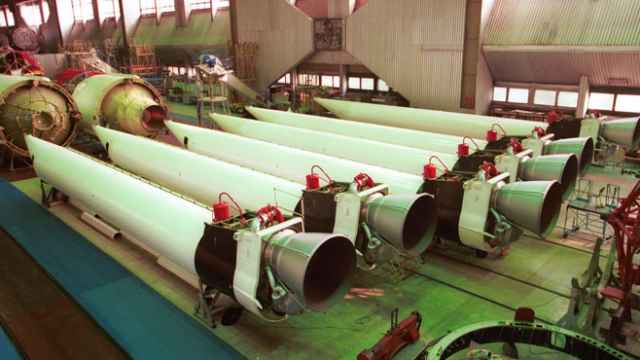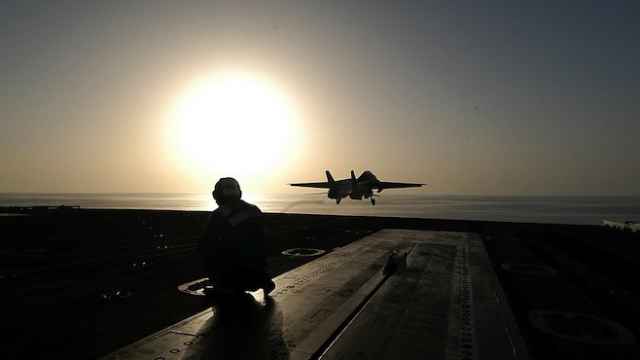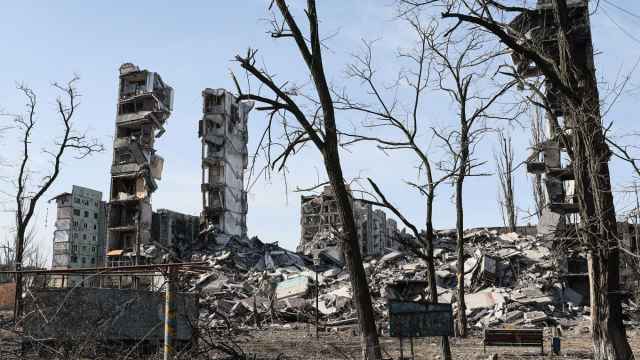ALMATY — A Proton-M carrier rocket carrying a Mexican satellite malfunctioned and burnt up over Siberia minutes after launch on Saturday, the latest in a series of mishaps for Russia's space industry.
The third stage of the rocket carrying the MexSat-1 communications satellite suffered a problem about 500 seconds after launch from the Baikonur Cosmodrome in Kazakhstan, Russian media quoted Russian space officials as saying.
Russia's space agency Roscosmos subsequently said in a statement that the satellite, booster and third stage burnt up almost entirely in the atmosphere.
Jim Kramer, vice president of International Launch Services (ILS), which launched the rocket, told a news conference that early indications were that hardware from the launch re-entered Earth's atmosphere in far east Siberia, but that most of it had probably disintegrated.
He added that all launches of carrier rockets of this type would now be suspended pending a Russian state-led investigation.
Mexico's Transport and Communications Minister Gerardo Ruiz Esparza said that the satellite was insured and that the government would get its money back in full.
A second Mexican satellite will be launched in October from Cape Canaveral, Florida, by Lockheed Martin Commercial Launch Services, a unit of Lockheed Martin Corp., he added.
The cause of the accident, which happened at a height of 161 kilometers (100.04 miles), was not immediately established.
Russia's workhorse Proton rocket, previously known under its UR-500 code, made its first test flights in the mid-1960s.
It was originally designed as an intercontinental ballistic missile to carry a nuclear warhead targeting the Soviet Union's Cold War foe the United States. But it was never deployed as a nuclear weapon.
Tarnished Image
Russia's space industry, which pioneered space exploration with the launch of the first satellite and put the first man into space, has been haunted by accidents that have tarnished its reputation.
In late April, Russia abandoned a 2.6 billion ruble ($51 million) mission to supply the International Space Station (ISS), after an unmanned Progress M-27M cargo ship, carrying almost 3 tons (2,722 kilograms) of supplies, was unable to dock with the ISS because of problems.
In July 2013, a Proton carrier rocket carrying three navigation satellites worth around $200 million crashed shortly after liftoff from the Russian-leased Baikonur Cosmodrome.
Just a few hours before Proton's crash on Saturday, the Progress M-26M spaceship docked at the ISS failed to ignite its engines and correct the orbit of the space outpost, Russian media reported.
The lives of the crew are not in danger, they said.


